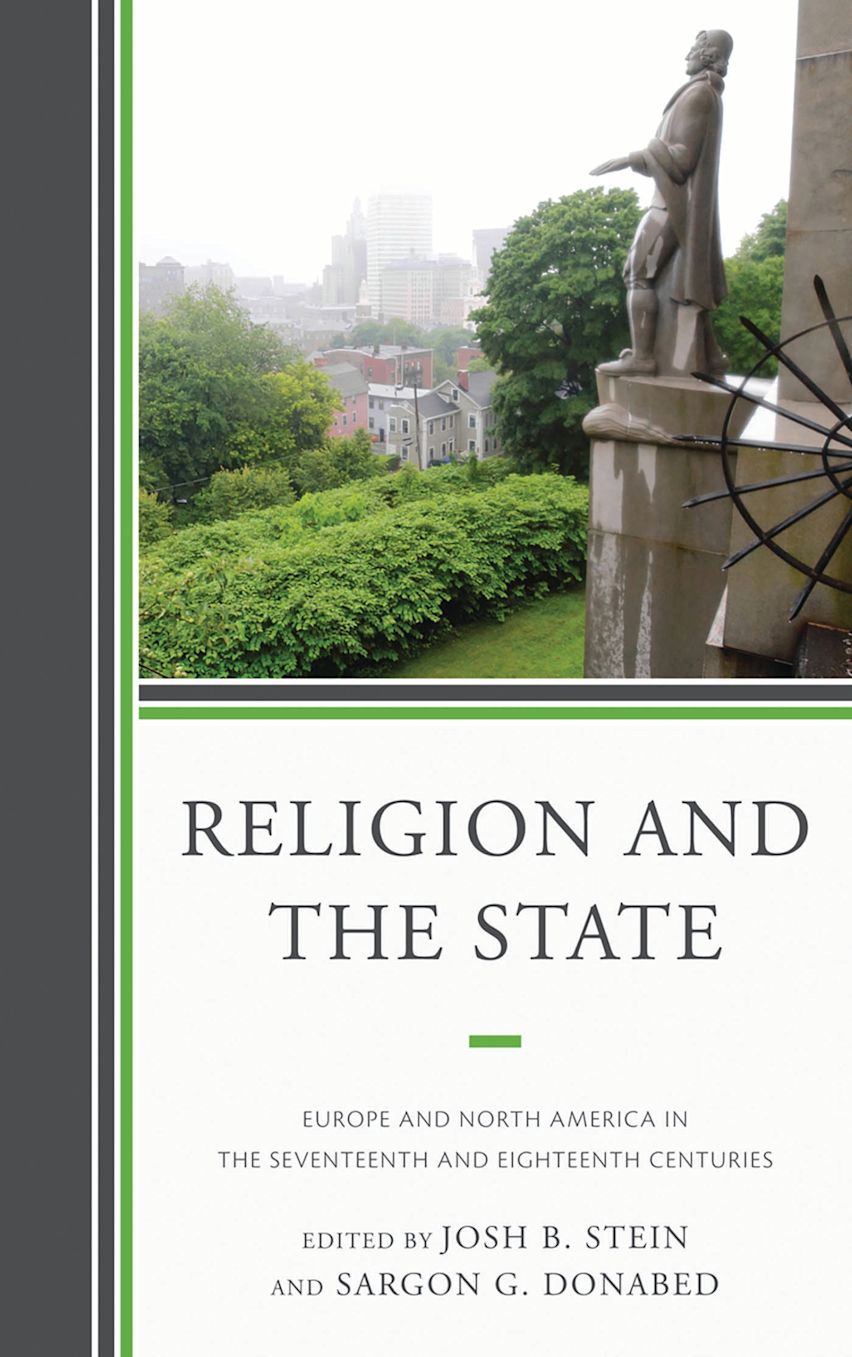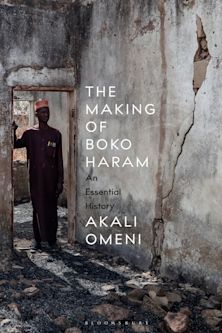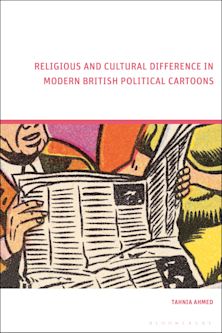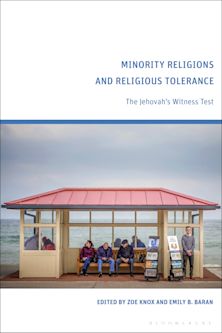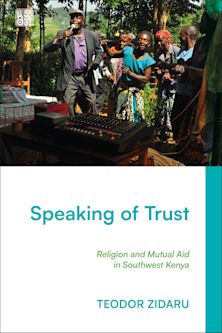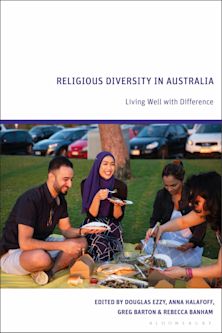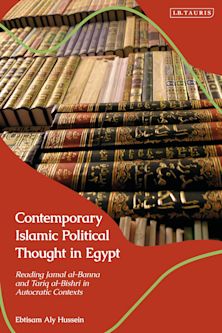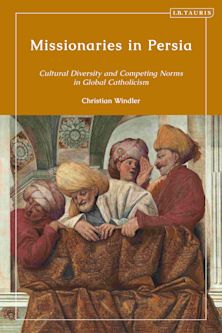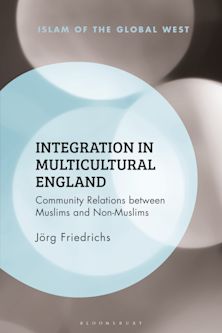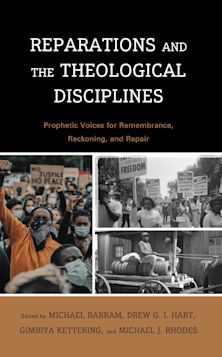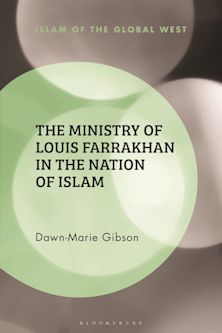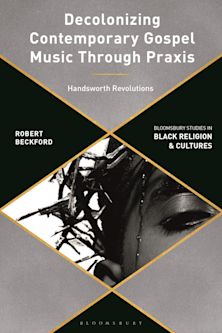- Home
- ACADEMIC
- Religious Studies
- Religion and Politics
- Religion and the State
Religion and the State
Europe and North America in the Seventeenth and Eighteenth Centuries
Joshua B. Stein (Anthology Editor) , Sargon George Donabed (Anthology Editor) , James Hitchcock (Contributor) , Sara Kitzinger (Contributor) , Noah Shusterman (Contributor) , Brent S. Sirota (Contributor) , Rebeca Vázquez Gómez (Contributor) , Keith Pacholl (Contributor) , Lawrence B. Goodheart (Contributor) , Matt McCook (Contributor) , Holly Snyder (Contributor) , Tara Thompson Strauch (Contributor) , Matt Hedstrom (Introduction) , Brent S. Sirota (Introduction)
Religion and the State
Europe and North America in the Seventeenth and Eighteenth Centuries
Joshua B. Stein (Anthology Editor) , Sargon George Donabed (Anthology Editor) , James Hitchcock (Contributor) , Sara Kitzinger (Contributor) , Noah Shusterman (Contributor) , Brent S. Sirota (Contributor) , Rebeca Vázquez Gómez (Contributor) , Keith Pacholl (Contributor) , Lawrence B. Goodheart (Contributor) , Matt McCook (Contributor) , Holly Snyder (Contributor) , Tara Thompson Strauch (Contributor) , Matt Hedstrom (Introduction) , Brent S. Sirota (Introduction)
This product is usually dispatched within 1 week
- Delivery and returns info
-
Free CA delivery on orders $40 or over
You must sign in to add this item to your wishlist. Please sign in or create an account
Description
The historiography of church-state relations in America and Europe remains a live cultural, religious, and political issue on both sides of the Atlantic. Even more, current political invocations of history illuminate the need for a thoroughly trans-Atlantic approach to the history of church-state relations in the modern West. In the seventeenth and eighteenth centuries, the formative period for modern church-states relations we see vividly the complex interrelationship of developments from England, France, and America. Ever since, historians and political figures have compared the European and American efforts to discern the proper role of religion in government and government in religion. This work is an effort to illuminate that role or at the very least to bring to light the innumerable ways in which such roles were formed.
Table of Contents
Introduction
Chapter 1: Church and State in Early Modern Europe, by James Hitchcock
Chapter 2: The Reformed Theologian, the Forgotten Political Theorist? Change and Contest in Theology and Ecclesiology in Late Sixteenth and early Seventeenth-Century Reformed England, by Sara C. Kitzinger
Chapter 3: The Leviathan Is Not Safely to Be Angered”: The Convocation Controversy, Country Ideology, and Anglican High Churchmanship, 1689–1702, by Brent S. Sirota,
Chapter 4: The French Revolution and the Civil Constitution of the Clergy: The Unintentional Turning Point, by Noah Shusterman
Chapter 5: Spanish Legal Solution to the Presence of Religious Symbols in the Public Sphere: A Cautious Evolution from a Catholic Denominational Past to an Effective Secularism, by Rebeca Vázquez Gómez
Chapter 6: Church, State, and Capital Punishment in Seventeenth-Century Connecticut, by Lawrence B. Goodheart
Chapter 7: English Law and Religious Tolerance: The Jewish Experience in the Southern New England Colonies, 1677–1798, by Holly Snyder
Chapter 8: Oaths and Christian Belief in the New Nation: 1776–1789, by Tara Thompson Strauch
Chapter 9: Education, Religion, and the State in Post-Revolutionary America, by Keith Pacholl
Chapter 10: Fighting Over the Founders: Reflections on the Historiography of the Founders’ Faiths, by Matt McCook
Index
Product details
| Published | Aug 02 2012 |
|---|---|
| Format | Hardback |
| Edition | 1st |
| Extent | 234 |
| ISBN | 9780739171561 |
| Imprint | Lexington Books |
| Dimensions | 235 x 159 mm |
| Publisher | Bloomsbury Publishing |
About the contributors
Reviews
-
A significant range of essays by an impressive array of scholars. This book is attentive to the ironic interplay of religious and secular forces during what could be called the founding era of liberal democracy.
Barry Hankins, professor of history and church-state studies, Baylor University










